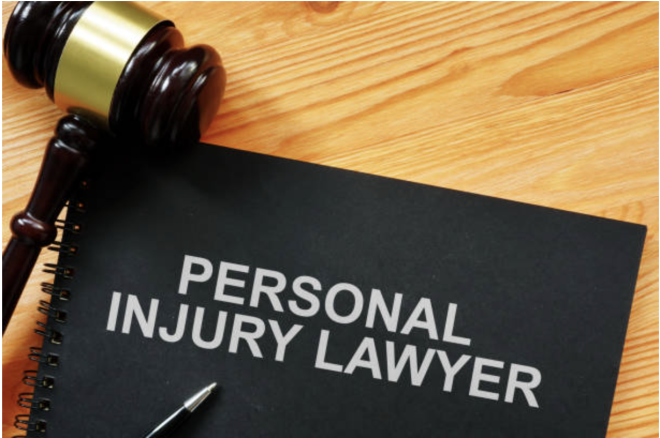- Change theme
Why PI Lawyers Advise Against the Use of Social Media During a Case

When involved in a personal injury (PI) case, one of the most critical pieces of advice a lawyer can offer is to limit or avoid using social media.
20:44 24 October 2024
When involved in a personal injury (PI) case, one of the most critical pieces of advice a lawyer can offer is to limit or avoid using social media. In today's digital age, social media platforms like Facebook, Instagram, Twitter, and TikTok have become a standard part of daily life for many individuals.
While sharing personal updates may seem harmless, doing so during an ongoing legal case can severely harm your claim, sometimes without you even realizing it. Here are some key reasons why personal injury lawyers advise against using social media during a case:
Protection of Your Privacy
More privacy is the primary concern when using social media during a personal injury case. While you might believe your account is private or that sharing specific details is harmless, the reality is that anything posted online is easily accessible and can be used against you in court.
Insurance companies and opposing attorneys are known to search social media platforms for information that could discredit your claim. Even if your privacy settings are secure, there are still ways for the other side to access your content, including through mutual connections or subpoenas.
Risk of Inconsistent Statements
Consistency is key when pursuing a personal injury claim. Your legal arguments and statements to medical professionals, insurance adjusters, and the court must align. Social media posts, comments, or photos contradicting your claims can significantly damage your case.
Inconsistent statements don't have to be direct contradictions, either. Even something as simple as posting about feeling great after a car accident or sharing images of a recent vacation can be used to question the extent of your pain or suffering.
Your words or images could be misinterpreted or taken out of context, leading the opposing side to dispute the severity of your injuries.
Prevention of Misinterpretation
What you post on social media can be misinterpreted in ways you may not anticipate. A simple picture of you smiling with friends or family or a casual status update about your daily activities could be presented in court as evidence that you are not experiencing the pain or emotional distress you have claimed.
Insurance companies, defense attorneys, and other opposing parties are skilled at twisting seemingly innocent posts to fit their narrative. They might argue that your injury is less severe than you allege because you appear happy and active on social media. Misinterpretations like these can weaken your case and diminish the compensation you might receive.
Social Media as Public Record
It's important to understand that once something is posted on social media, it becomes part of the public record. Even if you delete the post later, a digital trail remains. Someone could have taken screenshots or captured your posts before you took them down, making them accessible in court.
In personal injury cases, defense teams and insurance adjusters may employ social media investigators who specialize in finding and archiving online activity related to plaintiffs. Therefore, the more you post, the more material there is for them to analyze and potentially use against you.
Final Thoughts!
Maintaining a solid and consistent legal strategy is crucial for success in a personal injury case. Social media, while seemingly unrelated, can easily disrupt this strategy and weaken your position in court.
That is why listening to your PI lawyer's advice and avoiding using social media during an ongoing case is essential. Remember, it's always better to be safe than sorry when protecting your privacy and preserving your claim for just compensation.
If you have any doubts or questions about using social media during a personal injury case, consult with your lawyer before posting anything online. It may seem like a small precaution, but it could make all the difference in the outcome of your case.
